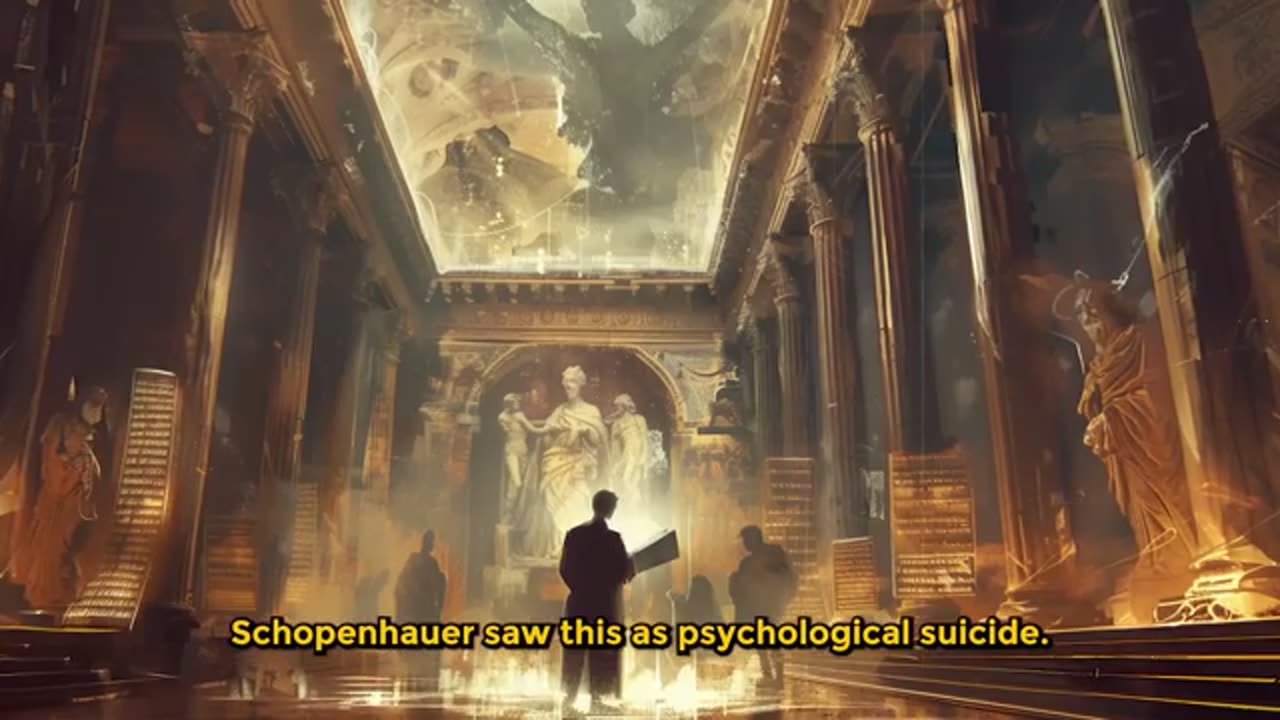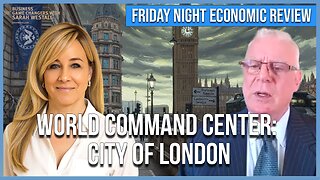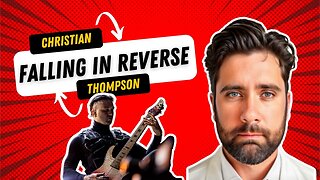Premium Only Content

Why Getting Married is the STUPIDEST Move You Can Make – Arthur Schopenhauer
Source:
https://www.youtube.com/watch?v=Vsmlu-BTcQA
This video, titled "Why Getting Married is the STUPIDEST Move You Can Make – Arthur Schopenhauer," presents Arthur Schopenhauer's pessimistic views on marriage. The philosopher believed that marriage is a biological trick, a lifetime contract signed under "chemical hypnosis" that ultimately leads to "legalized misery."
Key arguments from the video include:
Love as Biological Warfare: Schopenhauer considered falling in love not as a spiritual connection, but as a biological drive orchestrated by DNA to ensure reproduction. He argued that the chemicals (dopamine, oxytocin, serotonin) that create the feeling of love override rational thought, leading individuals to make irrational, life-changing decisions. Once the biological purpose is served and the chemicals diminish, the initial passion fades, leaving two potentially incompatible people in a legal arrangement based on a temporary brain state.
Erosion of Individuality: Marriage, according to Schopenhauer, actively destroys the qualities that make individuals attractive, such as independence, mystery, and passion. It transforms independence into codependence, mystery into familiarity, and passion into routine. Every decision becomes a negotiation, every preference a compromise, and every desire is filtered through another's needs and opinions, leading to a loss of mental freedom and autonomy.
The Cost of Solitude: Schopenhauer, who lived a solitary life, believed that authentic selfhood and intellectual freedom require solitude. He argued that marriage demonizes solitude, viewing it as selfishness or failure, while it is essential for clear thinking, genuine creation, and becoming one's true self. He pointed out that many historical geniuses remained unmarried, prioritizing focus and freedom from ordinary obligations for extraordinary achievement.
Happiness as Absence of Suffering: Schopenhauer contended that happiness is primarily the absence of suffering, and marriage is a continuous source of low-level suffering through constant emotional maintenance and routine conflict. He highlighted that married people often report higher levels of stress, anxiety, and depression. The video describes this as the "hedgehog's dilemma," where intimacy brings pain and distance brings coldness, without a sustainable middle ground.
In essence, the video asserts that marriage is society's attempt to make permanent what nature intends to be temporary, institutionalizing a biological drive that serves the species rather than the individual. It suggests that true completion and happiness come from within, cultivated in solitude, and that prioritizing personal freedom and authenticity is a "smarter" path than seeking completion through another.
This video, titled "Why Getting Married is the STUPIDEST Move You Can Make – Arthur Schopenhauer," presents Arthur Schopenhauer's pessimistic views on marriage. The philosopher believed that marriage is a biological trick, a lifetime contract signed under "chemical hypnosis" that ultimately leads to "legalized misery."
Key arguments from the video include:
Love as Biological Warfare: Schopenhauer considered falling in love not as a spiritual connection, but as a biological drive orchestrated by DNA to ensure reproduction. He argued that the chemicals (dopamine, oxytocin, serotonin) that create the feeling of love override rational thought, leading individuals to make irrational, life-changing decisions. Once the biological purpose is served and the chemicals diminish, the initial passion fades, leaving two potentially incompatible people in a legal arrangement based on a temporary brain state.
Erosion of Individuality: Marriage, according to Schopenhauer, actively destroys the qualities that make individuals attractive, such as independence, mystery, and passion. It transforms independence into codependence, mystery into familiarity, and passion into routine. Every decision becomes a negotiation, every preference a compromise, and every desire is filtered through another's needs and opinions, leading to a loss of mental freedom and autonomy.
The Cost of Solitude: Schopenhauer, who lived a solitary life, believed that authentic selfhood and intellectual freedom require solitude. He argued that marriage demonizes solitude, viewing it as selfishness or failure, while it is essential for clear thinking, genuine creation, and becoming one's true self. He pointed out that many historical geniuses remained unmarried, prioritizing focus and freedom from ordinary obligations for extraordinary achievement.
Happiness as Absence of Suffering: Schopenhauer contended that happiness is primarily the absence of suffering, and marriage is a continuous source of low-level suffering through constant emotional maintenance and routine conflict. He highlighted that married people often report higher levels of stress, anxiety, and depression. The video describes this as the "hedgehog's dilemma," where intimacy brings pain and distance brings coldness, without a sustainable middle ground.
In essence, the video asserts that marriage is society's attempt to make permanent what nature intends to be temporary, institutionalizing a biological drive that serves the species rather than the individual. It suggests that true completion and happiness come from within, cultivated in solitude, and that prioritizing personal freedom and authenticity is a "smarter" path than seeking completion through another.
-
 LIVE
LIVE
SpartakusLIVE
10 hours agoTOXIC Solos on ARC Raiders || Friday Night HYPE - WZ or Redsec Later?
459 watching -
 2:15:42
2:15:42
TheSaltyCracker
3 hours agoWoke is DEAD ReeEEStream 11-07-25
68.2K129 -
 1:29:13
1:29:13
Sarah Westall
2 hours agoThe City of London: Infiltration, Intimidation & Centralized Power w/ Mike Harris
10.9K4 -
 10:14:18
10:14:18
Dr Disrespect
12 hours ago🔴LIVE - DR DISRESPECT - ARC RAIDERS - AGAINST ALL DANGER
163K22 -
 32:09
32:09
ThisIsDeLaCruz
23 hours agoFalling In Reverse: Christian Thompson’s Stage Tech Revealed
3.25K2 -
 LIVE
LIVE
SynthTrax & DJ Cheezus Livestreams
1 day agoFriday Night Synthwave 80s 90s Electronica and more DJ MIX Livestream 80s Night / Late Night Nostalgia
414 watching -
 4:05:52
4:05:52
Nerdrotic
7 hours ago $0.15 earnedHollywood REGRET | Disney's Predator | The Feminist Avengers - Friday Night Tights 379
45.9K14 -
 2:36:22
2:36:22
Mally_Mouse
4 days agoFriend Friday!! 🎉 - Let's Play! - MIMESIS
14.4K2 -
 41:20
41:20
MattMorseTV
4 hours ago $0.19 earned🔴Schumer just BACKSTABBED his OWN VOTERS. 🔴
26.2K43 -
 3:33:34
3:33:34
MissesMaam
4 hours ago*Spicy* Friend Friday with Mally_Mouse!! 💚✨
6.91K3